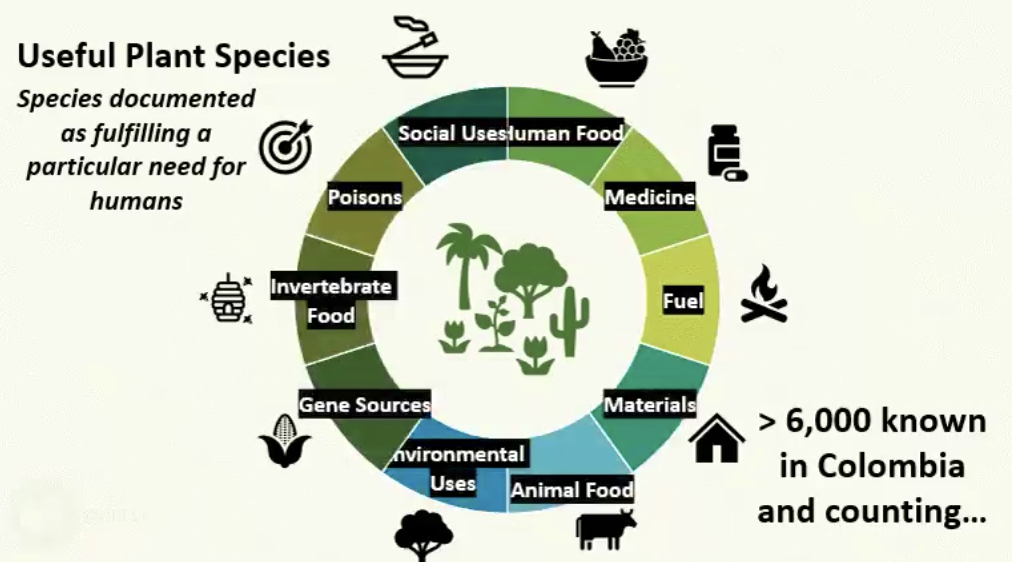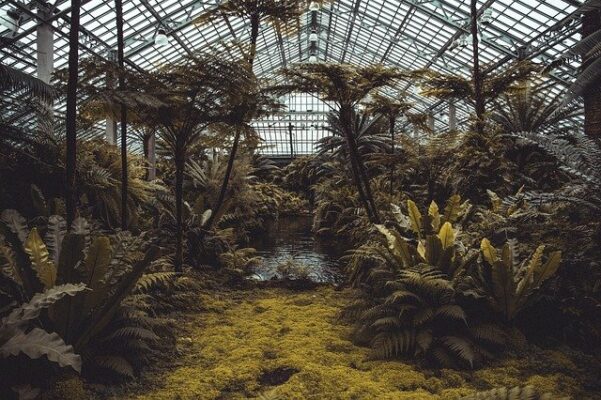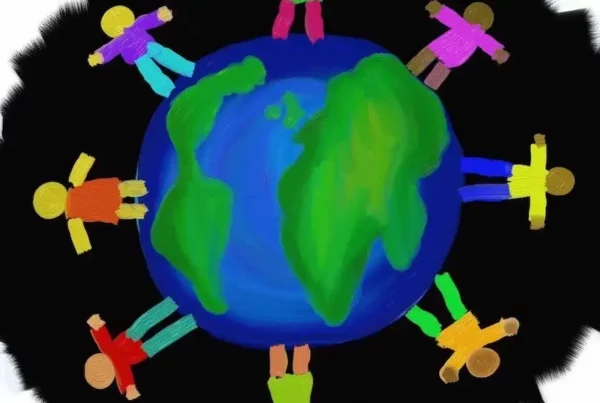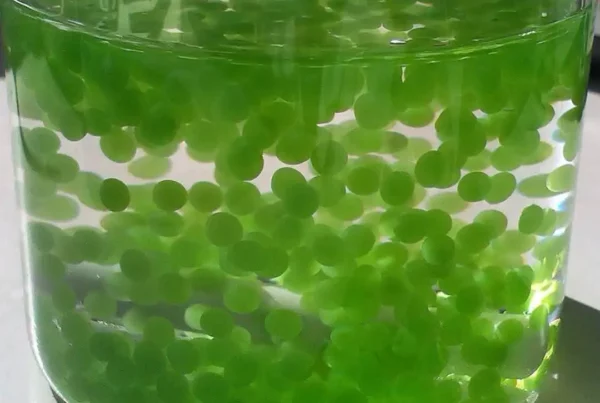This is the second post of the series, celebrating the brilliant winners of the #plantscistory2021 contest and their stories.
Laura Kor is a conservation scientist undertaking a PhD at the Royal Botanic Gardens Kew and King’s College London. Her research combines ecological and social methods for the conservation of useful plant species in Colombia – plants with reported human uses, from food, medicine and fuel, to ritual and spiritual significance. She also works as an ecologist for a global engineering and development consultancy and is passionate about working with people and nature for biodiversity conservation and sustainable development.
For our #PlantSciStory2021 contest, she presented a story on Twitter about the human uses of plants, explaining her project documenting reported useful plant species in Colombia.
She kindly accepted to answer some questions about her interest in this topic and the process to create her story.
How did you build the story? What was the process of creating it?
The story was built from my PhD aims and objectives and the results I’ve gained so far. To create the story, I looked back through my latest PhD report and pulled out key text and figures from which I could build a continuous narrative that could be neatly split into four tweets.
How did you choose the media (images, GIFs, short videos…) and the language included in the story?
The idea for creating a series of my own GIFs came from last year’s virtual @JointDTPConf conference. Rather than traditional scientific posters, we were asked to present ‘twitter posters’ – created by turning a handful of concise slides into a GIF that automatically runs as people scroll down their feed. It’s a great way to combine text and images to create eye-catching, animated infographics and seemed perfect to help convey my Plant Science Story. The only software needed is PowerPoint!
Why this topic? Why is it important? Why is it important to you?
My academic background is in biology and ecology, but I realised early on that effective and equitable conservation is impossible without engaging with and including people. Since then, I have become fascinated by working at the interface between humans and nature. Plants are a perfect focal point for this. As well as providing the structure and functions for life on earth, thousands of species have reported human uses, vital for the livelihoods and wellbeing of millions of people. However, more species than ever risk extinction, often driven by overexploitation.

Sustainable plant use is therefore crucial for both people and the environment, but it is not easy to achieve. Colombia is a very pertinent country to explore ways of making global conservation initiatives more relevant to sustainable plant use at local scales – it is one of the most bioculturally diverse countries on earth and is undergoing rapid social and economic change. By exploring hotspots for useful plants and working with people in case study areas, we hope to both improve conservation efforts and contribute to developing a sustainable green economy.
Aside from its conservation application, I find ethnobotany fascinating in its own right. I have a mixed ethnic background, being half Chinese Singaporean, half Italian, and living in the UK for many years. Learning about plant uses, particularly food, medicine and spiritual applications, has allowed me to simultaneously explore natural history and gain a deeper appreciation of my own biocultural heritage, as well as that of different areas I have worked and travelled in. To learn more about my work, do follow me (@laurabkor) and the Useful Plants and Fungi of Colombia project (@UPFC4) on social media!
Laura Kor full story: https://twitter.com/laurabkor/status/1397542039529705473
Follow Laura Kor at @laurabkor on Twitter.
Since 2019 The Global Plant Council and Plants, People, Planet have teamed up to run an annual scicomm-based contest. Check out the 2019 #PlantSciART, 2020 #PlantSciVID and the #PlantSciStory2021 contributions!
About Plants, People, Planet
Plants, People, Planet is an Open Access journal that aims to promote outstanding plant-based research in its broadest sense and to celebrate everything new, innovative, and exciting in plant sciences that is relevant to society and people’s daily lives. The journal is owned by the New Phytologist Foundation, a not-for-profit organisation focused on the promotion and advancement of plant science. Find out more.
About The Global Plant Council
The Global Plant Council is a coalition of 27 national, regional, and international organizations representing plant, crop, agricultural, and environmental sciences across the globe. GPC aim is to promote plant science across borders & disciplines, supporting those involved in research, education, and training, and to increase awareness of plant research in science and society. Find out more.








